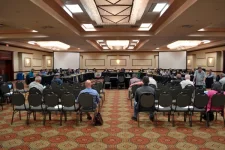Constitutional Challenge Rocks Gulf Fisheries: Florida Brothers Take on Federal Management System Over Devastating Gag Grouper Cuts
A landmark lawsuit challenges the very foundation of U.S. fisheries management as commercial fishermen face industry-crushing quota reductions
By NY Angler Staff
September 4, 2025
The tranquil waters of the Gulf of Mexico have become the center of a constitutional storm that could reshape American fisheries management forever. Two Florida commercial fishing brothers have filed a federal lawsuit challenging the very legitimacy of the regulatory system that governs our nation's fisheries, claiming the devastating 85% cut in gag grouper quotas was imposed by an unconstitutional body.
The Devastating Numbers
The case stems from Amendment 56 to the Gulf of Mexico Fishery Management Plan, which implemented catastrophic reductions to gag grouper allowable biological catch. The numbers tell a stark story of an industry under siege:- 2023 Quota: 3.12 million pounds
- 2024 Quota: 444,000 pounds
- Reduction: 85% decrease in allowable catch
- Commercial Share: Reduced from 39% to 35% of total quota
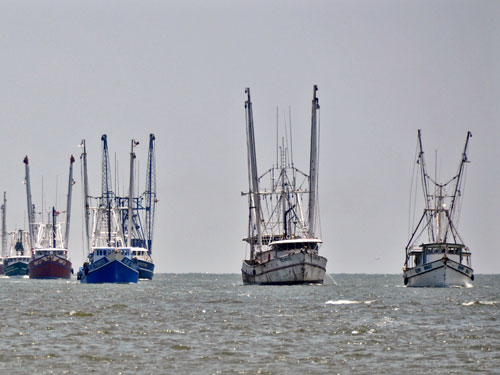
Constitutional Challenge at the Heart
The Russo brothers' lawsuit, filed in federal court in Alabama's Southern District, makes a bold constitutional argument that strikes at the foundation of modern fisheries management. Their legal team from the Pacific Legal Foundation argues that the Gulf of Mexico Fishery Management Council (GMFMC) violates the Appointments Clause of the U.S. Constitution.The constitutional issue centers on Article II, Section 2, Clause 2, which grants the President power to appoint "all other officers of the United States." The lawsuit contends that since council members are not appointed by the President, a cabinet secretary, or confirmed by the Senate, they lack the constitutional authority to make binding decisions that devastate fishing businesses.
How Fishery Councils Are Actually Structured
The current system for appointing council members creates what the plaintiffs argue is a constitutional gap:Gulf of Mexico Fishery Management Council Composition:
- 1 NMFS Regional Director (federal appointee)
- 5 State marine fishery directors from Texas, Louisiana, Mississippi, Alabama, and Florida
- 11 members nominated by state governors
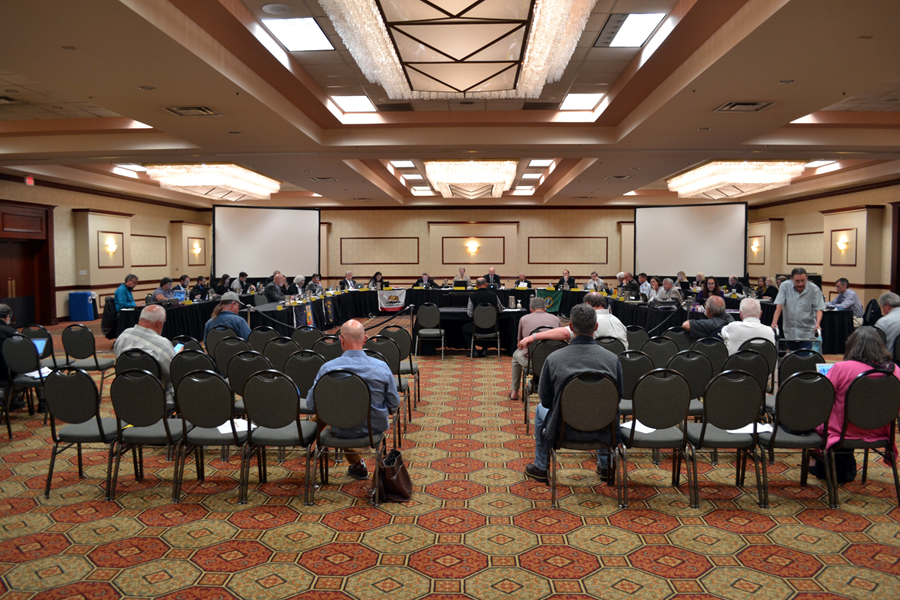
A Growing National Movement
The Russo case is part of a broader wave of constitutional challenges to fishery management councils sweeping across the country. Recent court victories have emboldened fishing industry advocates:- New England Victory: A federal judge ruled the New England Fishery Management Council's structure unconstitutional in a partial victory for the New England Fishermen's Stewardship Association
- Appeals Court Win: The Fifth Circuit Court of Appeals stripped regional councils of certain veto powers, finding constitutional violations
- Supreme Court Interest: The nation's highest court has agreed to hear related challenges to federal fisheries management
The Human Cost of Regulatory Overreach
For the Russo brothers, the constitutional issues are secondary to the immediate crisis facing their business. The new regulations have forced fundamental changes to their operations:Operational Impacts:
- Must catch 80% more fish of other species to maintain revenue
- Forced to spend longer periods at sea
- Must fish in different areas to avoid accidentally catching gag grouper
- Required to discard valuable gag grouper if caught over quota
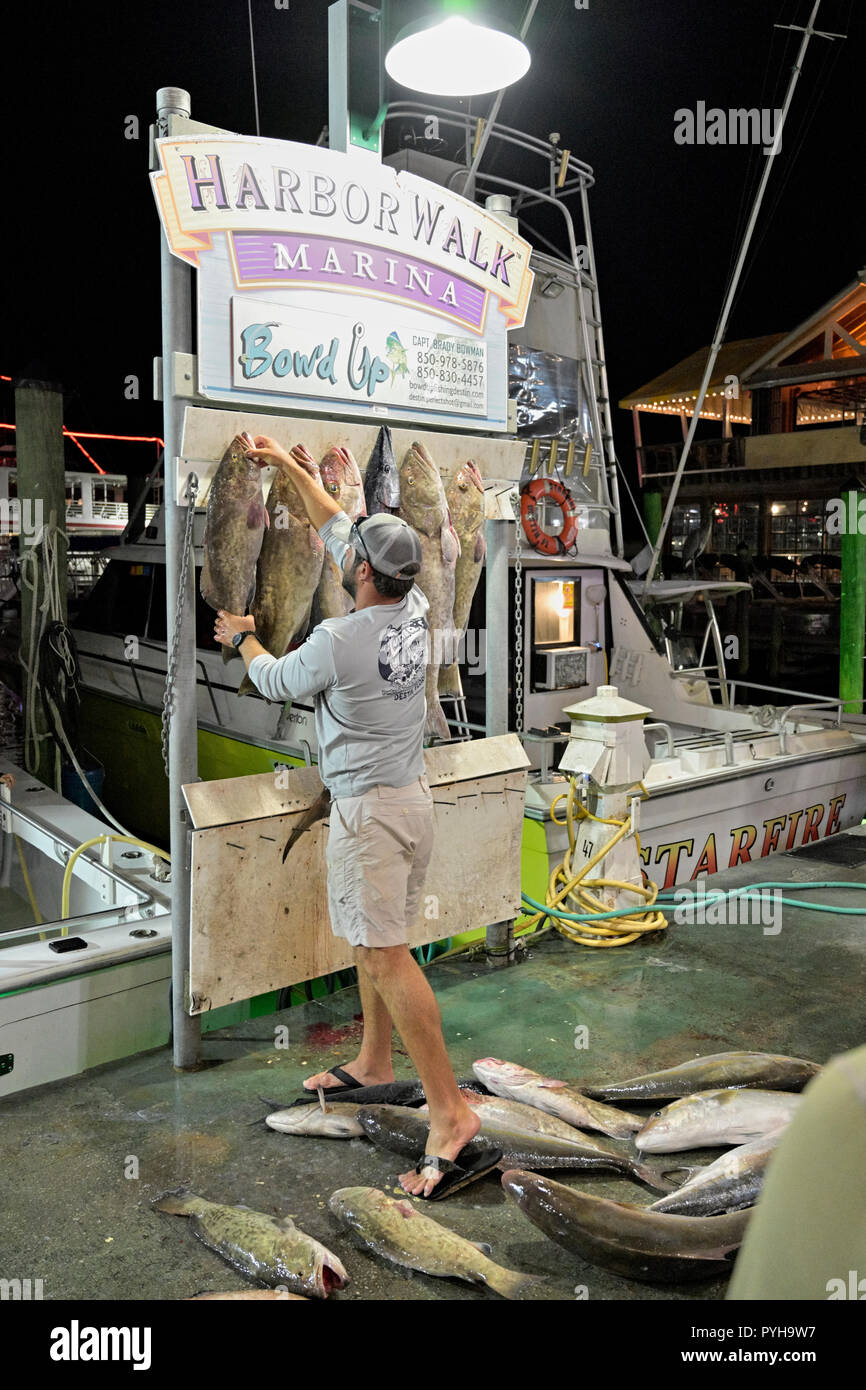
The Science Behind the Controversy
The dramatic quota cuts stem from a 2021 stock assessment concluding that gag grouper populations are overfished. NMFS implemented an 18-year rebuilding plan designed to restore the species to sustainable levels. However, many in the fishing industry question both the science and the severity of the response.Critics argue that:
- Stock assessments may not accurately reflect fish populations
- Rebuilding timelines are unrealistic and economically devastating
- Alternative management approaches could achieve conservation goals without destroying livelihoods
- Recreational allocation increases come at commercial fishermen's expense
Broader Implications for American Fisheries
The outcome of these constitutional challenges could fundamentally reshape how America manages its fisheries. If courts rule the current council system unconstitutional, Congress would need to restructure the entire federal fisheries management framework established by the Magnuson-Stevens Act.Potential Changes:
- Direct presidential appointment of all council members
- Senate confirmation requirements for key positions
- Complete restructuring of the eight regional councils
- Possible delays in fisheries management decisions during transition
Industry Perspective
Commercial fishing organizations across the country are watching these cases closely. Many view the constitutional challenges as long-overdue accountability for a system they believe has grown increasingly hostile to working fishermen."We live in a democracy, and our fishery is a public resource. The public needs to be able to participate in its management and care," said one industry advocate, reflecting broader concerns about democratic participation in fisheries governance.
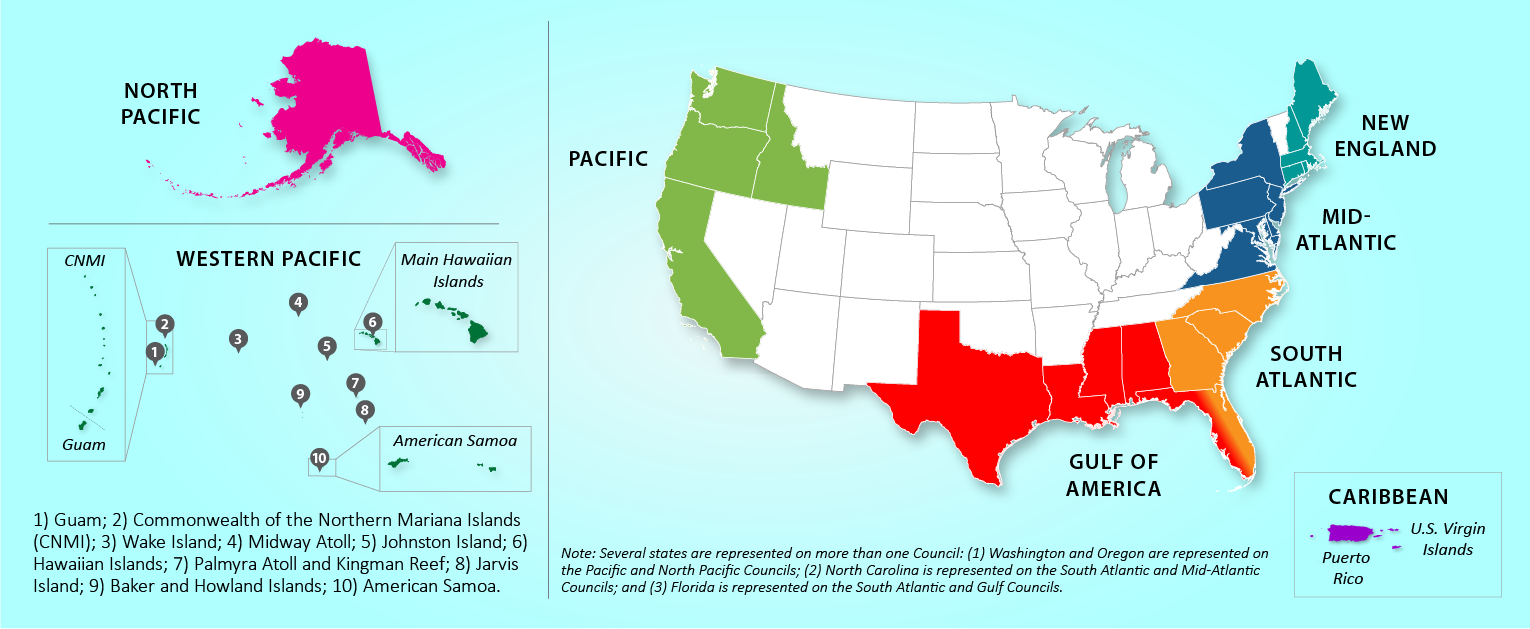
What's Next
The Russo v. Raimondo case is currently pending in federal court, with the government expected to file its response to the constitutional challenge. Meanwhile, similar cases are working their way through appeals courts nationwide, creating the potential for conflicting rulings that could force Supreme Court intervention.For commercial fishermen like the Russo brothers, the legal battle represents more than constitutional theory—it's about survival in an industry facing increasing regulatory pressure. Whether the courts will provide relief remains to be seen, but the constitutional questions raised have already begun reshaping the national conversation about fisheries management.
The case also highlights the broader tension between conservation goals and economic reality that defines modern fisheries management. While everyone agrees on the need for sustainable fishing, the methods for achieving that goal remain hotly contested.
The Road Ahead
As this constitutional challenge proceeds through the courts, several key questions will shape its outcome:- Will courts accept the constitutional argument that current appointment processes violate the Appointments Clause?
- How will Congress respond if forced to restructure the fisheries management system?
- Can conservation goals be maintained while addressing industry economic concerns?
- Will other fishing sectors join the constitutional challenge movement?
The Russo brothers' fight in the Gulf of Mexico may seem like a local dispute over grouper quotas, but its implications extend far beyond Florida waters. It's a battle for the constitutional foundation of how America governs its marine resources—and the livelihoods that depend on them.
This developing story will continue to unfold in federal courts across the nation. NY Angler will provide updates as significant developments occur in this landmark constitutional challenge to American fisheries management.

